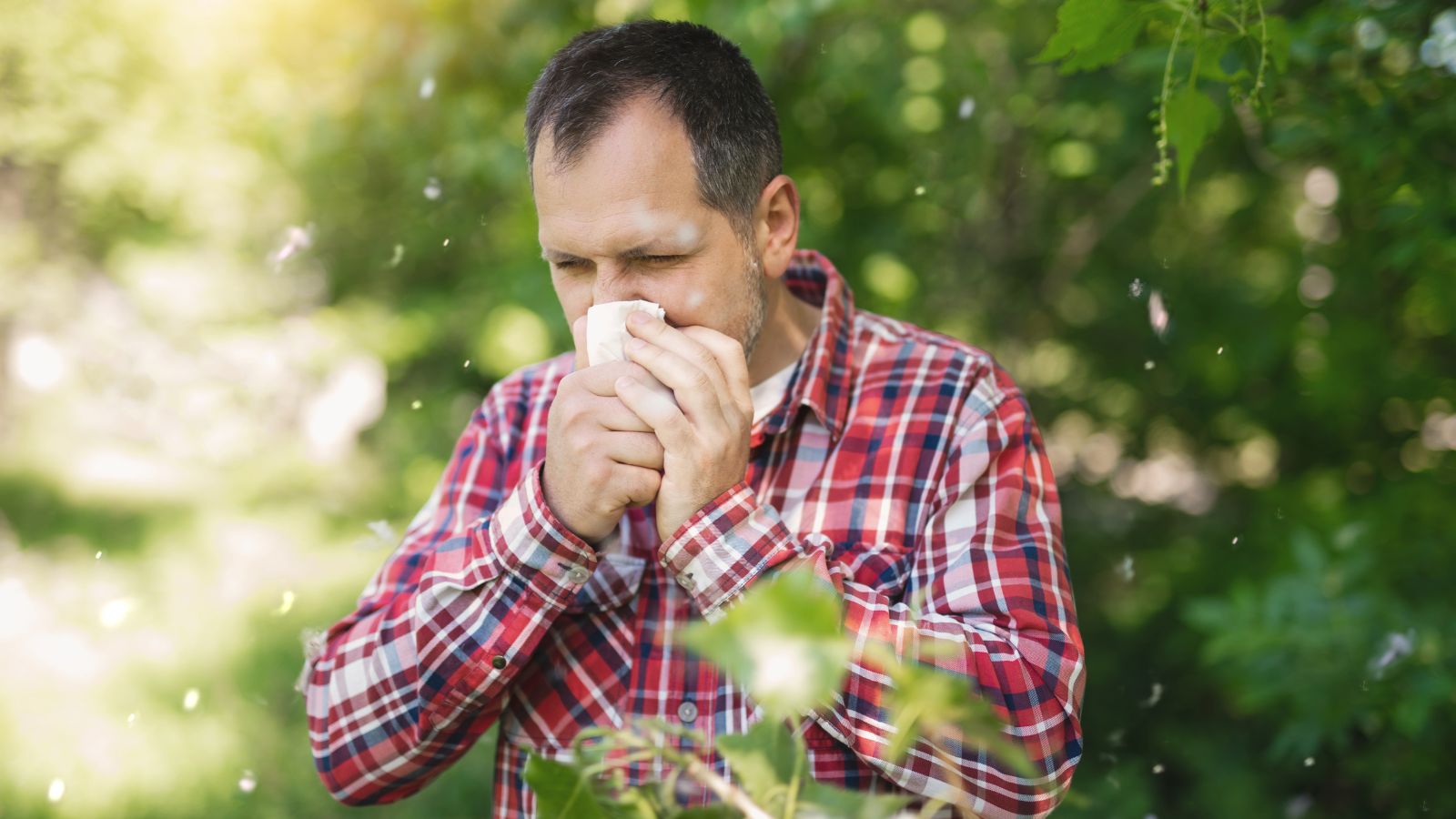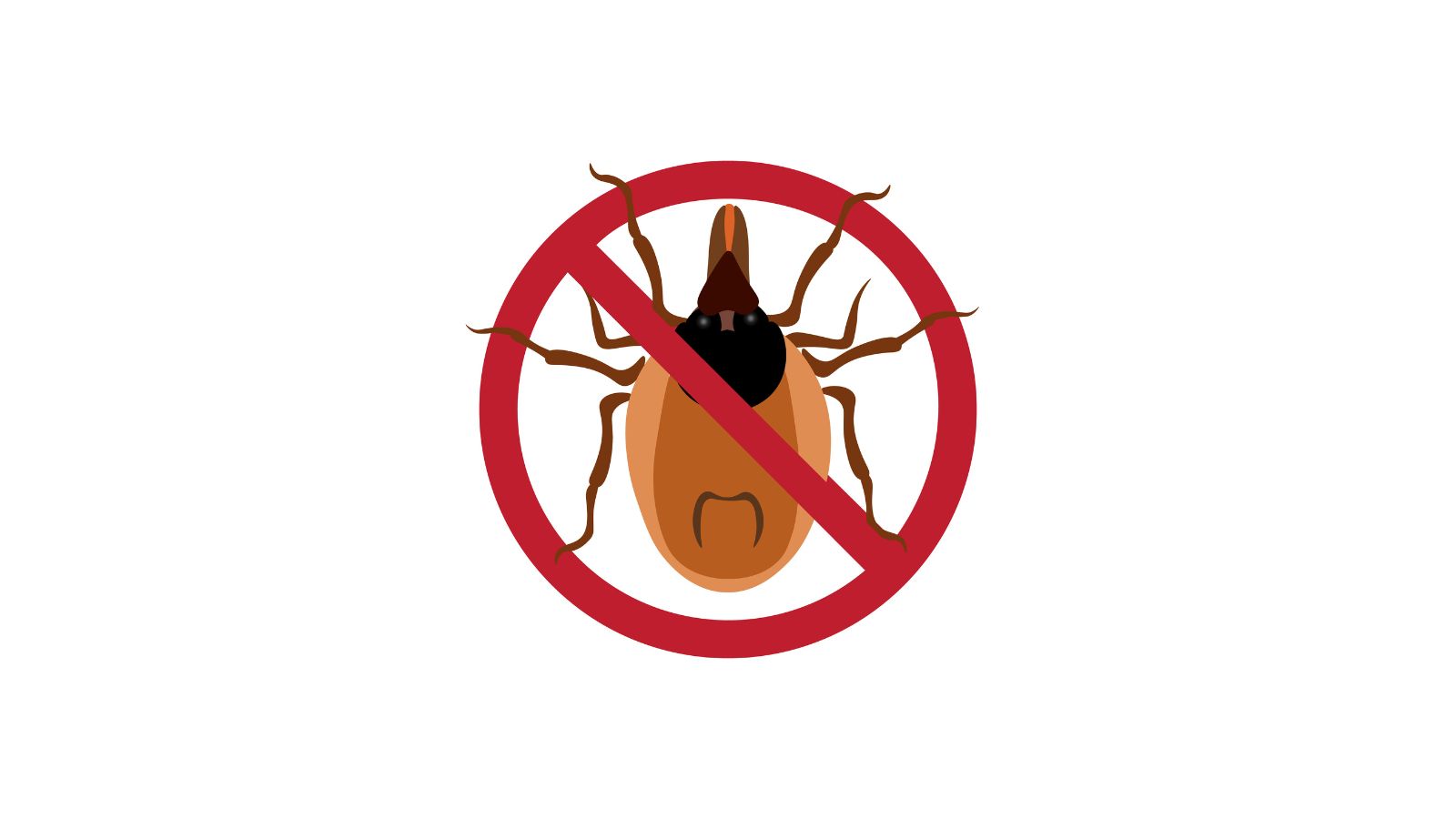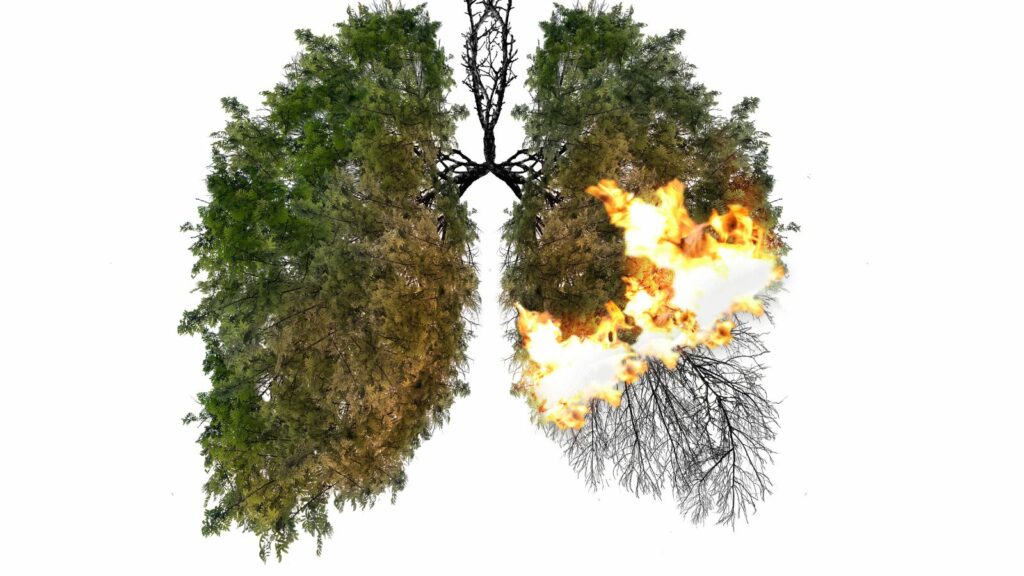Climate change is a disturbing issue that can be seen prevailing in almost all spheres of human life. Although it is necessary to state the adverse effects of climate change, such as global warming, increased water levels, melting ice caps, floods, and other factors associated with this process, its direct and indirect effects on health do not seem to attract people’s close attention despite of being very important. Here are 18 surprising ways in which the phenomenon of climate change is affecting your health.
Respiratory Problems

During warm seasons and with Char levels raised, patients suffering from respiratory-related illnesses stand to be negatively affected. Heat also intensifies smog and ground-level ozone, implying harmful effects on the lungs. It may cause the occurrence of diseases like asthma, bronchitis, and other similar respiratory diseases.
Allergies

Climate change will prolong the allergy season, generating more potent pollen. This is responsible for increased plant photosynthesis and pollen production, which can worsen allergies and their related effects.
Infectious Diseases

Climate and weather changes bring many diseases, such as insect-borne illnesses from mosquitoes and ticks. It also intensifies the prevalence of conditions such as malaria, dengue fever, Zika virus, and Lyme disease, which is a threat to health.
Mental Health

Climate changes sometimes lead to hurricanes, floods, and even wildfires and therefore cause anxiety, depression, or even PTSD. Stress from climate change disasters and displacement is also an attribute of mental health complications.
Cardiovascular Diseases

As a result of climate change, heat waves, which are on the rise, contribute to cardiovascular issues. Heat also puts extra pressure on the heart, leading to more cases of heart attacks, strokes, and other heart-related complications.
Food Security and Nutrition

Climate change hurts agricultural productivity and thus contributes to the rise of food deficits and generally increased food prices. It can lead to deficiencies such as malnutrition, mainly among the vulnerable groups. Severe weather also affects the transport of food items in such places, thus aggravating such problems.
Waterborne Diseases

Global warming and changes in the patterns of precipitation result in the emergence of more waterborne diseases. System damage could cause water supply pollution by bacteria, viruses, and parasites, and diseases like cholera, giardia, and cryptosporidiosis may occur.
Heat-Related Illnesses

Global warming is on the rise, and when temperatures increase, the chances of uncomfortable conditions such as heat exhaustion and heat stroke are high. These conditions are sometimes fatal and most common in elderly people, children, and persons with other underlying diseases.
Vector-Borne Diseases

Changes in climatic conditions may impact vectors’ breeding or nesting grounds, which include mosquitoes and ticks. The fragmentation of the species’ habitat range can result in new transmission of diseases such as West Nile virus, chikungunya, and Rocky Mountain spotted fever to different regions.
Kidney Stones

Another effect of global warming is that people are more likely to dehydrate when the body temperature rises. This leads to the concentration of minerals in urine, increasing the possibility of the formation of stones in the kidney. Scientifically, it is projected that the occurrence of kidney stones will also rise with the rising global temperatures.
Premature Births

Researchers have found evidence that exposure to high temperatures during pregnancy raises the probability of premature delivery. Premature birth has many health risks that come with it for the baby, some of which are respiratory, digestive, and neurological problems.
Skin Cancer

Global Warming is owing to the depletion of the ozone layer; more ultraviolet (UV) radiation is lethal to the skin and tends to cause more skin cancer cases. UV radiation is the primary cause of skin cancer, most of which are fatal, including different cell tumors.
Nutrient Deficiency

Climate change alters the nutrient density of foods that are obtained from cultivation. Increased carbon dioxide levels also affect the nutritional value of foods, where the levels of essential nutrients such as protein, iron, and zinc decrease in crops such as wheat, rice, and soybeans. This can cause nutrient deficiencies in the population that mainly depends on such foods in their diet regimes.
Kidney Disease

Temperatures and increases in the frequency of heat waves worldwide can worsen chronic kidney diseases. Heat stress reduces blood flow to the kidneys and thus predisposes individuals to kidney conditions, especially outside workers and those with kidney disease.
Skin Infections

The rate of skin infections is usually high in areas with high temperatures and high humidity since bacteria and fungi that cause skin diseases thrive well in such conditions. Diseases such as athletes’ feet, ringworm, and bacterial skin diseases may be expected to rise in a warm climate.
Aggravating Chronic Conditions

Through research, it has been established that climate change has an effect of worsening chronic diseases such as diabetes, hypertension, and respiratory diseases. Cases of severe weather conditions hinder accessibility to primary health care and necessary drugs, hence making it hard for chronic disease sufferers to address their health issues efficiently.
Mental Health of Farmers

Farmers are susceptible to climatic change because they rely on appropriate climates. Because of unpredictable weather patterns, crop failure, and lack of funds, farmers suffer from stress, depression, and, in some cases, suicides.
Pollution-related Cancers

Delicate particulate matter (PM2.5) and chemicals that can cause cancer can get worse because of climate change. Long-term exposure to these pollutants raises the chance of getting lung cancer and other types of respiratory cancer.
Conclusion

Climate change has many effects on health that are linked. The effects are wide-ranging and scary, affecting everything from mental health to infectious diseases to breathing and heart problems. Taking action on climate change is the right thing to do for the planet and public health. By taking measures to control the adverse effects of climate change, we can protect the health and well-being of people in the future.
